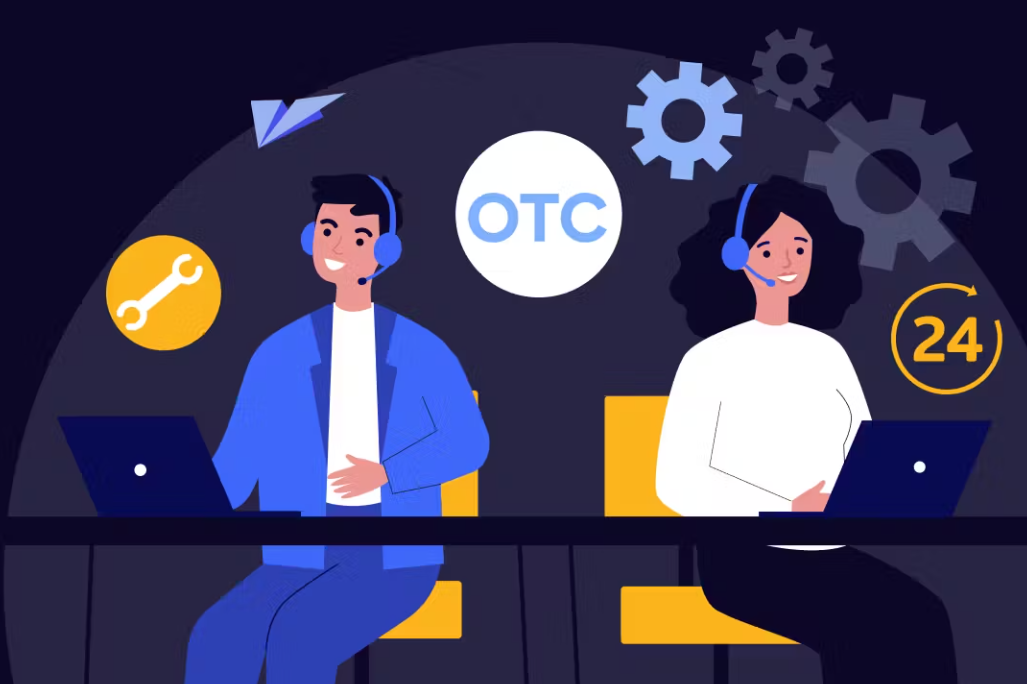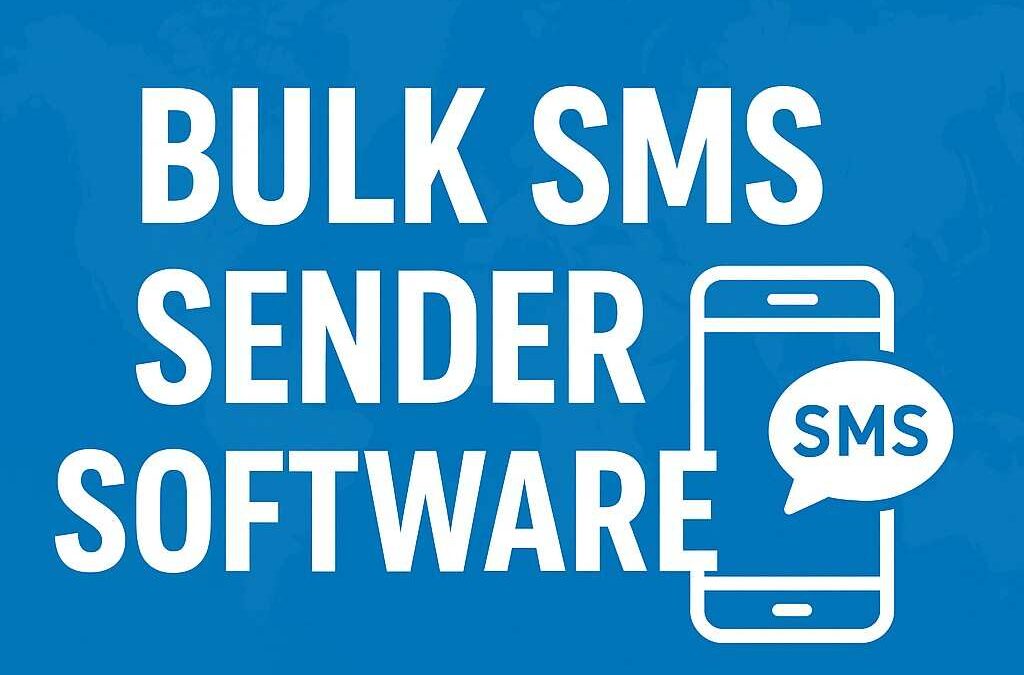Introduction: Beyond the Exchange Screens
When most people think of crypto trading, they imagine high-tech exchange dashboards filled with flashing candlesticks, buy/sell orders, and trading bots executing lightning-speed transactions. But behind the scenes, there exists a quieter, less publicized world of crypto dealings the crypto OTC trading platform ecosystem. This realm is where billion-dollar trades are executed in silence, far away from the noise of regular exchanges. While retail traders hustle to buy fractions of Bitcoin on mainstream exchanges, institutions, high-net-worth individuals (HNIs), and corporate entities rely on OTC (Over-the-Counter) trading to execute massive trades without moving the market needle.
The OTC space is not as glamorous or transparent as centralized exchanges, yet it is a backbone of the global crypto economy. Let’s dive deep into this hidden world and uncover what traditional exchanges don’t often tell you.
What Exactly is Crypto OTC Trading?
Over-the-Counter (OTC) trading refers to the process of buying and selling cryptocurrencies directly between two parties, rather than through a public exchange order book. Instead of placing an order on a centralized exchange like Binance or Coinbase, a trader looking to buy or sell a large amount of crypto connects with an OTC desk, broker, or counterparty to arrange the trade.
This method is particularly popular among institutional investors and crypto whales because it provides:
-
Privacy: Large trades aren’t broadcasted on a public order book.
-
Liquidity: Access to deep liquidity pools that exchanges may not provide.
-
Reduced Slippage: Big orders won’t move the market price drastically.
In short, OTC trading provides discretion, efficiency, and stability essential factors for large-scale crypto players.
How Does OTC Trading Work?
Unlike regular exchanges where a buy order matches a sell order through an order book, OTC trades are more like negotiated deals. Here’s how the process unfolds:
-
Initiation: A trader approaches an OTC desk or broker with a buy/sell request.
-
Price Quotation: The desk offers a price, often based on market conditions, liquidity, and counterparties.
-
Negotiation: Both parties may negotiate terms such as price, volume, and settlement method.
-
Execution: Once agreed, the trade is executed either through escrow or direct transfer.
-
Settlement: Funds and assets are settled securely, often using multi-sig wallets or custodial services.
This structure ensures that traders can move millions or even billions of dollars worth of digital assets without the volatility risk associated with open exchanges.
Why Do Traders Prefer OTC Over Exchanges?
For the average trader, exchanges are perfectly sufficient. But for institutional players, OTC holds several advantages:
-
Liquidity Without Limitations: Exchanges have limited liquidity in their order books, which can cause slippage in large orders. OTC desks provide deeper liquidity.
-
Privacy and Discretion: No one can see who is buying or selling behind the scenes.
-
Tailored Deals: OTC allows customized deal structures, unlike rigid exchange mechanisms.
-
Reduced Market Impact: Placing a massive order on a regular exchange can send shockwaves across the market something OTC prevents.
For example, if an institutional investor wants to purchase $100 million worth of Bitcoin, doing so on an exchange would likely spike the price, making the asset more expensive with each order. OTC ensures that the trade is executed at a stable price without alerting the entire market.
The Limitations of Regular Exchanges
Exchanges are designed for mass retail adoption, but they have some critical shortcomings when it comes to institutional-scale trading:
-
Slippage: Large trades move the market, leading to losses.
-
Transparency (Good and Bad): While transparency is good for small trades, big players often want discretion.
-
Delays and Fees: Withdrawal limits, transaction fees, and KYC verifications slow things down.
-
Liquidity Constraints: Order books simply don’t support trades worth hundreds of millions.
This is why OTC trading continues to thrive, despite the global boom of centralized and decentralized exchanges.
Advantages of OTC Trading
-
Access to Deep Liquidity – OTC desks work with multiple counterparties to provide massive liquidity.
-
One-on-One Service – Traders get personalized assistance from brokers.
-
Reduced Price Volatility – Large orders don’t disrupt the market price.
-
Faster Settlements – Deals can be closed quickly with escrow support.
In essence, OTC trading provides an experience that is closer to corporate finance deal-making than casual crypto trading.
Risks and Challenges in OTC Trading
While OTC trading offers undeniable advantages, it is not without risks:
-
Counterparty Risk: The risk that the other party fails to deliver.
-
Fraud and Scams: Fake brokers and bad actors exist in the shadows.
-
Lack of Standardization: Unlike exchanges, OTC trades aren’t fully standardized.
-
Regulatory Uncertainty: Different countries treat OTC crypto trades differently, creating compliance challenges.
Institutional players often mitigate these risks by working with reputed OTC desks, custodians, and compliance services.
The Regulatory Lens on OTC Trading
Globally, regulators are paying closer attention to OTC crypto trading:
-
United States: OTC desks are subject to strict KYC/AML compliance.
-
Europe: Regulators under MiCA are moving toward more transparency.
-
Asia: Countries like Singapore and Hong Kong encourage regulated OTC trading.
The regulatory environment is evolving, pushing OTC desks toward professionalization and transparency without killing the privacy advantage.
Technology’s Role in OTC Trading
The once entirely manual OTC market is now leveraging advanced technology:
-
Escrow via Smart Contracts – Ensures trustless settlements.
-
Blockchain Verification – For transparency and auditability.
-
AI-Driven Matching – Artificial intelligence helps match buyers and sellers more efficiently.
-
Integration with Trading Tools – Some OTC desks even provide APIs for institutional traders.
Interestingly, even Copy Trading App Development is gaining traction in parallel, where retail traders mimic the trades of whales and institutions. Although not a direct substitute for OTC, it shows how technology is democratizing access to professional-grade trading insights.
Who Should Consider OTC Trading?
OTC trading isn’t for everyone. It is best suited for:
-
Institutional Investors: Hedge funds, banks, and asset managers.
-
High-Net-Worth Individuals (HNIs): Individuals executing large trades.
-
Corporate Entities: Companies managing treasury reserves in crypto.
-
Crypto Miners: Those offloading large volumes of mined assets.
Retail traders, on the other hand, are usually better off sticking to regular exchanges unless they’re moving significant sums.
The Future of OTC Trading in Crypto
The role of OTC trading in the crypto ecosystem is only expected to grow:
-
Institutional Adoption: With more hedge funds and corporations entering crypto, OTC trading volumes are projected to surge.
-
Integration with DeFi: Decentralized OTC desks are emerging.
-
Tokenization of Assets: OTC may extend beyond crypto into tokenized securities, real estate, and commodities.
-
Mainstream Acceptance: OTC might soon become as common as traditional investment banking.
As crypto matures, OTC trading will likely evolve into a more regulated, technologically enhanced, and globally interconnected ecosystem.
Conclusion: What Exchanges Don’t Want You to Know
The flashy dashboards of exchanges tell only half the story of crypto trading. The real game of billions is happening in private, discreet transactions facilitated by OTC desks. Regular exchanges thrive on volume and visibility, but when it comes to discretion, liquidity, and efficiency, OTC reigns supreme.
That being said, this space is not without risks. Regulatory oversight, counterparty trust, and security remain ongoing challenges. Yet, for those who operate at scale, OTC is not just an option it’s a necessity.
As the industry expands, OTC will likely merge with tokenization, smart contracts, and advanced compliance tools, making it more robust and mainstream. Firms providing crypto token development services will play a huge role in creating digital assets that move seamlessly within this ecosystem, bridging the gap between liquidity and innovation.
In short, while regular exchanges may dominate headlines, OTC trading is where the silent movers shape the future of crypto finance.







0 Comments